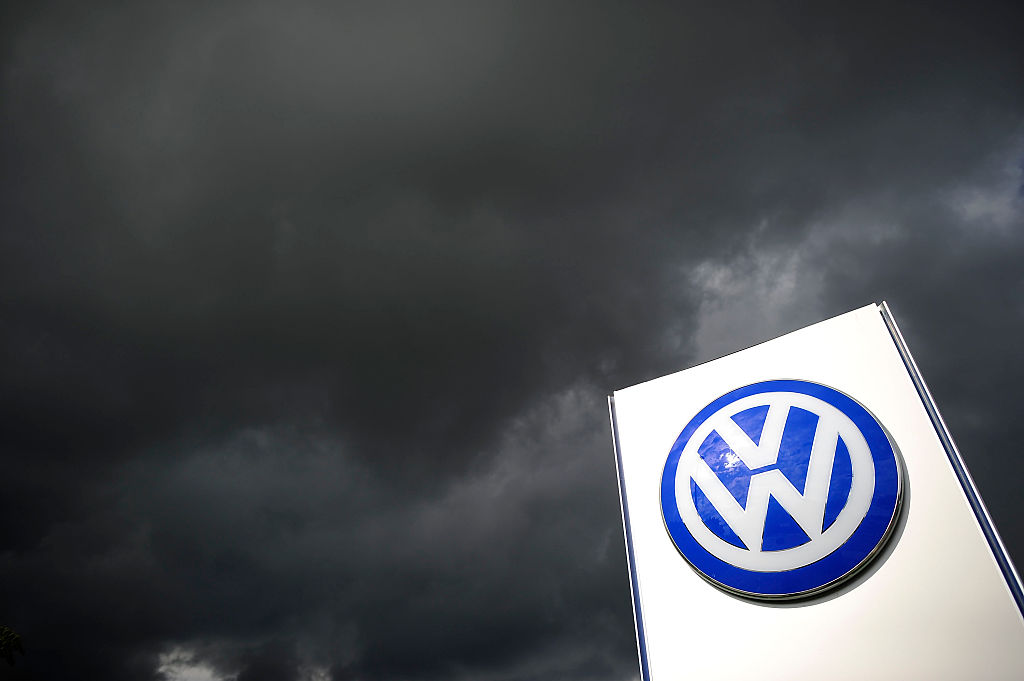Volkswagen’s chief executive has pledged to employ a young climate campaigner to “aggressively” challenge the company’s environmental policies, as he acknowledged the world’s largest carmaker was moving too slowly in the race to roll out electric vehicles.
“I’m looking to hire an activist,” Herbert Diess told the Financial Times. “We have so many ideas, but they take too long to implement in our big organization, so I need someone really aggressive internally.”
In a rare move for a multinational, the appointee will be granted direct access to Diess and other top VW executives.
The 61-year-old boss, who is overseeing the German group’s €33 billion push into battery-powered vehicles, has been increasingly vocal about the need for a CO2 price—a carbon tax that applies to all industries as opposed to individual sectors—and has called on Brussels to crack down on coal-fired energy plants in Europe.
Volkswagen hopes to sell 1 million emissions-free cars in the next three years, which would see it eclipse the likes of Tesla and other electric vehicle pioneers. Its first mass-market electric hatchback, the ID.3, is due to go on sale later this year, as is VW-brand Porsche’s luxury Taycan sports car.
But the company has faced the ire of activists in Germany and beyond for its reliance on the profits generated by fuel-intensive sport utility vehicles, described by campaigners as “climate-damaging city tanks,” and for not abandoning the production of combustion-engine cars fast enough.
“We are too slow,” Diess admitted. “We have established management teams in strategy departments, in communication departments, and many others and I think we need some more internal challenges.”
The German auto giant already has a sustainability advisory board, which was established in the wake of Dieselgate, and counts Margo Oge, former director of the US Environmental Protection Agency, and former EU climate commissioner Connie Hedegaard among its members.
However, Diess, who has already identified some candidates for the role, said he wanted a climate activist to report directly to him, and dismissed suggestions that their recommendations would ultimately hurt VW’s bottom line.
“I think this transition [to electric vehicles] is a chance for growth,” Mr Diess said. “I don’t think it will doom the industry.”
He also forecast that SUVs would become less popular. “Electric cars will change people’s priorities in body styles. You lose a lot of range in big SUVs.”
The chief executive’s announcement comes weeks after the boss of another large German multinational, Siemens, tried to diffuse protests against a coal-mine contract by offering a supervisory board seat to a 23-year-old campaigner.
Luisa Neubauer, a prominent activist in Germany’s Fridays for Future movement, an environmental pressure group, rebuffed the request, suggesting that Siemens appoint a climate scientist instead.
Germany’s car industry has long been targeted by protesters. A series of blockades at the Frankfurt auto show in September overshadowed the sector’s showcase, causing organizers to rebrand and relocate the flagship event, which will next be held in 2021.
© 2020 The Financial Times Ltd. All rights reserved. Not to be redistributed, copied, or modified in any way.


